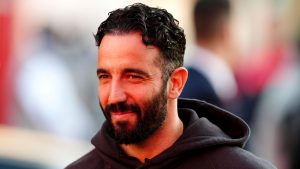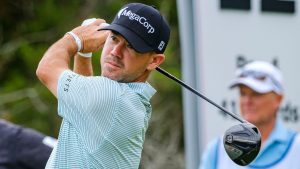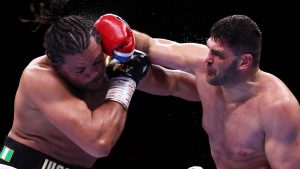Exemptions for ADHD drugs in MLB drop to lowest in decade


NEW YORK (AP) — The number of major leaguers allowed to use otherwise-banned drugs to treat Attention Deficit Hyperactivity Disorder dropped to the lowest level since the sport started issuing annual reports in 2008.
The results come in a report issued Monday by Thomas Martin, the Independent Program Administrator for the drug program of Major League Baseball and the players’ association.
There were 91 therapeutic use exemptions for HDHD drugs in the year ending with the 2019 World Series. That was down from the previous lows, 101 last year, and 103 in 2017. Exemptions for hyperactivity disorder had ranged from 105-119 annually from 2008-16, prompting some to criticize their issuance as too lenient.
Drugs prescribed to treat HDHD often contain amphetamine and methylphenidate, stimulants on baseball’s banned list.
The overwhelming therapeutic exemptions in MLB are for ADHD. There were just three in the past year for other conditions, one each for hypersomnia, hypogonadism and kidney disease,
MLB Deputy Commissioner Dan Halem has said the sport’s experts maintain the condition is more frequent in young adult males than among the general population.
Halem and the union did not immediately respond to requests for comment on the report.
Total drug tests rose to 11,619, including 9,332 urine samples to detect performance-enhancing substances, stimulants and the drug DHEA (Dehydroepiandrosterone), and 2,287 blood samples used to detect Human Growth Hormone. That was up slightly from 11,526 tests in the year ending with the 2018 World Series.
MLB and the players’ union are negotiating to add testing for opioids, talks that began after Los Angeles Angels pitcher Tyler Skaggs died July 1 at age 27 in his hotel room in the Dallas area. The Tarrant County Medical Examiner’s Office said Skaggs’ death was caused when he choked on his vomit with a toxic mix of alcohol and the painkillers fentanyl and oxycodone in his body.
In next year’s report, the IPA is to disclose how many out-of-season tests took place during the previous five years.
Eight players were suspended under the big league drug program in the past year, including seven who received 80-game bans following positive tests for performance-enhancing drugs: Boston pitcher Steven Wright, Kansas City pitcher Eric Skoglund, Houston pitcher Francis Martes, San Francisco pitcher Logan Webb, free agent catcher Mike Marjama, Oakland pitcher Frankie Montas and Seattle infielder Tim Beckham.
Minnesota pitcher Michael Pineda was suspended for 60 games in September for taking a banned diuretic.
Forty-six players have been suspended this year under the minor league drug program, which includes bans for drugs of abuse such as marijuana or cocaine following a second positive test. Opioids also are in that category under the minor league program.





